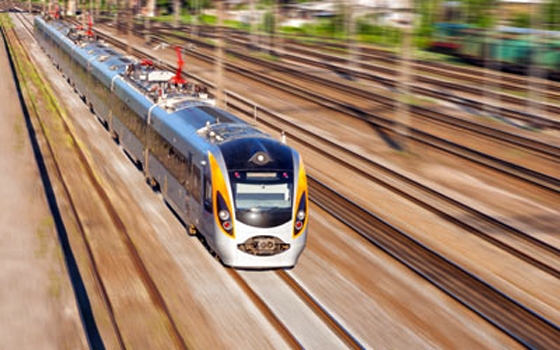Kuwait Financial Centre “Markaz” recently published the executive summary of its report on Qatar Roads and Railways. In this report, Markaz examines and analyzes the current status of Qatar Roads and Railways sector. The report highlights the market structure, growth trends, current & planned investments & projects in Qatar Roads and Railways sector. The report also presents a SWOT analysis and key learning points for the Qatar Road and Railways sector.
According to Markaz report, Qatar had already planned to invest around $100 billion on infrastructure projects as a part of the National Vision 2030. The plan aims to reduce the number of accidents and build the capacity of roads. Low prices of petroleum, absence of railways, and high number of motor vehicles per 1,000 people have led to high number of road accidents per year. In 2010, Ashghal, the Public Works Authority that oversees all infrastructure related projects in Qatar, declared its plans to spend $20 billion up to 2015. Qatar’s roads development plans got fresh catalyst when it was awarded with the responsibility of hosting the FIFA 2022 World Cup. It is expected that 30 highway projects valued at around USD 27 billion are going to be awarded to build adequate roads capacity. Some of the big projects, which are in construction or planning phase include Doha Expressway, Dukhan Highway – Eastern section, Lusail Expressway and Orbital Highway.
There is no railway network in Qatar currently. However, witnessing high congestion and huge number of traffic accidents every year, Qatar is now planning to build railways in the country to overcome these problems. For this purpose, Qatar Railway Development Company (QRDC) was formed for the development of railways in the country and almost $41 billion worth of rail projects are in execution or planning phase.
Qatar Integrated Rail Project consisting Doha Metro, Passenger Rail and Freight Rail, is estimated to cost $37 billion. Some other big projects include West Bay people mover and Lusail light rail transit. Moreover, no less than half a million people are expected to visit Qatar during the FIFA World Cup in 2022, which boosted the urgency to speed up railways projects. The GCC has historically focused its transportation investments in building roadways, thus ensuring high quality roads across most of the region. Almost 100% of the roads in the GCC are paved roads; compare this high percentage to the average in other emerging countries, which is below 75%. Though the quality of roads is significantly better than other emerging markets, there is concern over the current capacity.
The increase in both population and propensity to purchase an automobile has led to clogged roads across most of the major GCC cities. Currently, the majority of the GCC rank high in terms of traffic density. Most of the GCC countries do not have significant railway networks. However increasing population and high congestion on roads have forced governments to think about an alternative mode of transport in the form of railways. In 2012, $4.9 billion worth of road projects were awarded in the GCC region. Approximately $160 billion worth of railway projects are either in construction or planning phase in the region.
ifpinfo
3 October
























































